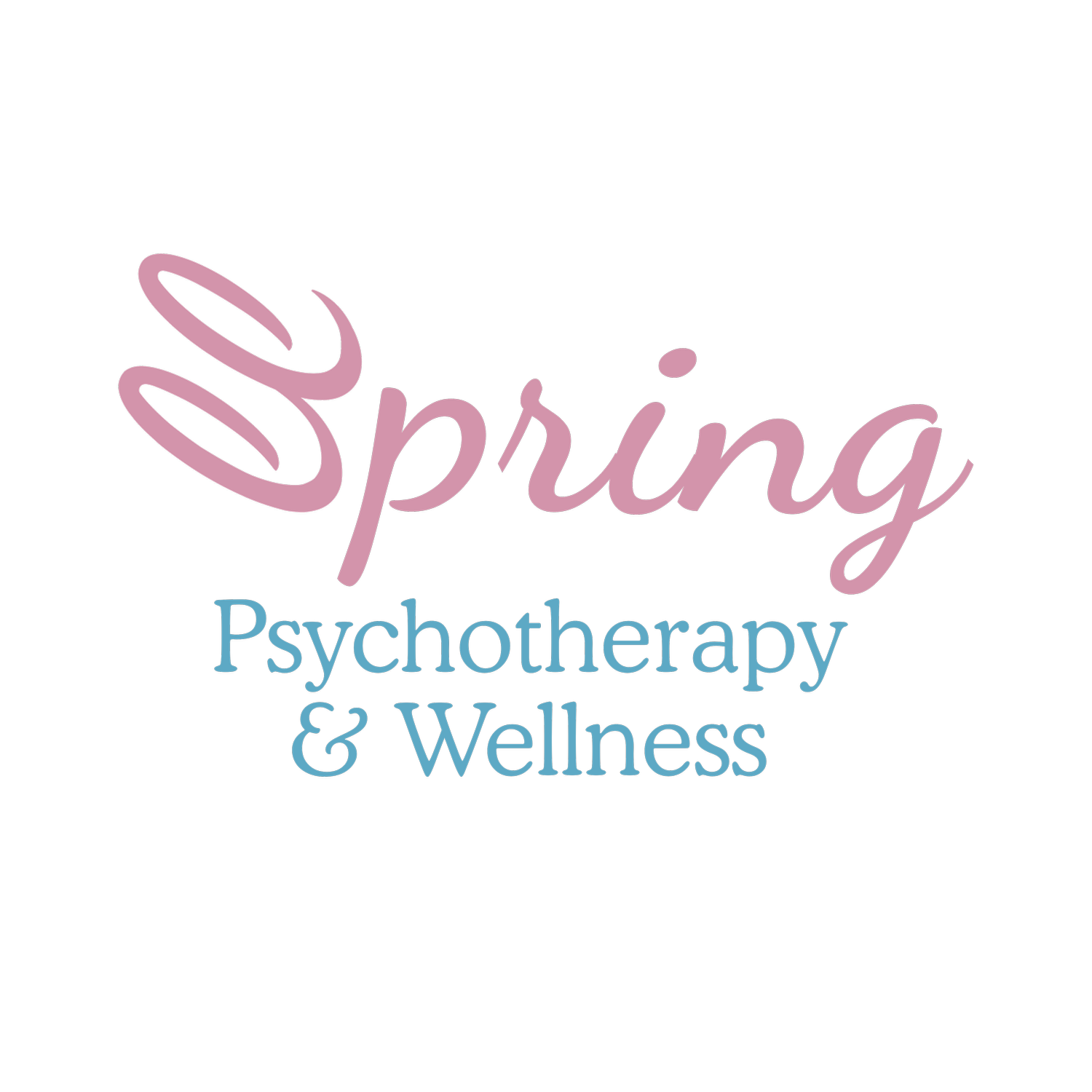Subtle Signs & Symptoms of Eating Disorder
Eating disorders can be described as a group of mental illnesses characterized by an unhealthy obsession with food and body weight. People with eating disorders often have distorted thoughts about their body image and may engage in extreme behaviors to control their weight, such as binge eating, purging, or excessive exercise.
Three of the most common eating disorders are:
Anorexia nervosa: People with anorexia nervosa have an intense fear of gaining weight and often restrict their food intake to dangerously low levels. They may also engage in purging behaviors, such as vomiting or excessive exercise, to lose weight.
Bulimia nervosa: People with bulimia nervosa binge eat large amounts of food in a short period of time, followed by purging behaviors to get rid of the calories they have consumed.
Binge eating disorder: People with binge eating disorder regularly binge eat, but they do not engage in purging behaviors afterwards.
Physical warning signs and symptoms of eating disorders may include:
Sudden or rapid weight loss
Dramatic weight gain
Fatigue
Dizziness
Fainting
Sensitivity to cold
Dry skin and hair
Brittle nails
Constipation
Irregular or absent menstrual periods
Muscle weakness
Heart problems
Behavioral warning signs and symptoms of eating disorders may include:
Preoccupation with food, weight, and body image
Obsessive calorie counting
Rigid dieting
Avoiding social situations involving food
Eating in secret
Hiding food
Binging on food
Purging after meals
Excessive exercise
Emotional and psychological warning signs and symptoms of eating disorders may include:
Low self-esteem
Depression
Anxiety
Mood swings
Irritability
Difficulty concentrating
Perfectionism
Obsessiveness
If you or someone you know is struggling with an eating disorder, it is important to seek professional help. Eating disorders are serious mental illnesses that can have life-threatening consequences. With early intervention and treatment, most people with eating disorders can make a full recovery.
Here are some tips for talking to someone about an eating disorder:
Choose a time and place where you can have a private conversation.
Start by expressing your concern and letting them know that you care about them.
Be specific about the behaviors that have concerned you.
Avoid using accusatory language or blaming them for their eating disorder.
Listen to what they have to say and try to understand their perspective.
Offer to help them find professional help if they are ready.
It is important to remember that you cannot force someone to get help for an eating disorder. However, by talking to them about your concerns, you can plant the seeds for change.
If you or someone you know is struggling with an eating disorder, there are resources available to help. Here are a few places to start:
Resources:
Project Heal: https://www.theprojectheal.org
The Eating Disorders Coalition: https://www.eatingdisorderscoalition.org/
The National Association of Anorexia Nervosa and Associated Disorders: https://anad.org/
The National Eating Disorders Helpline: https://www.nationaleatingdisorders.org/help-support/contact-helpline

